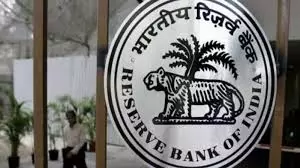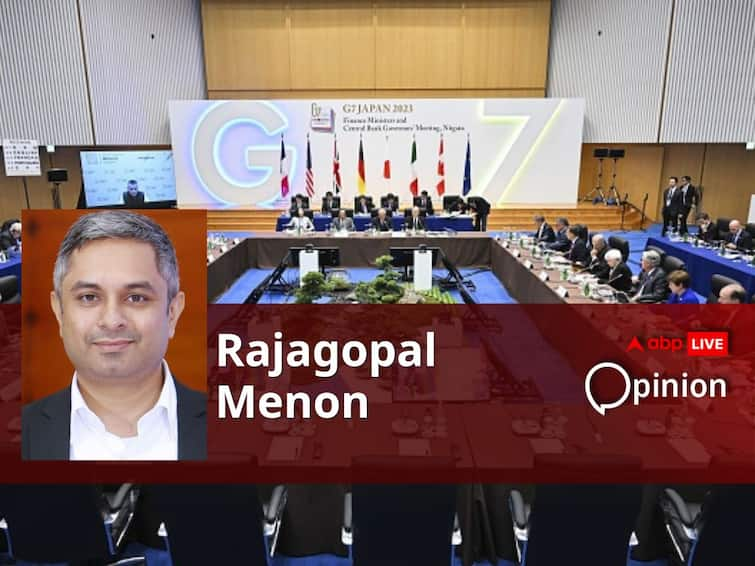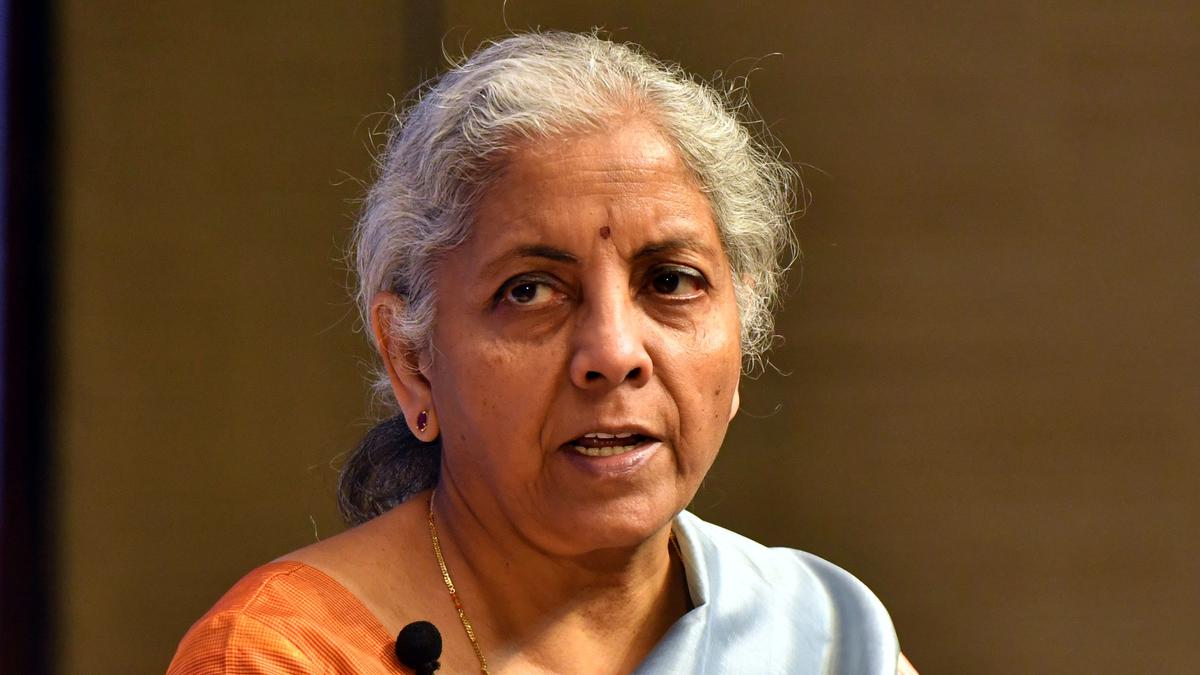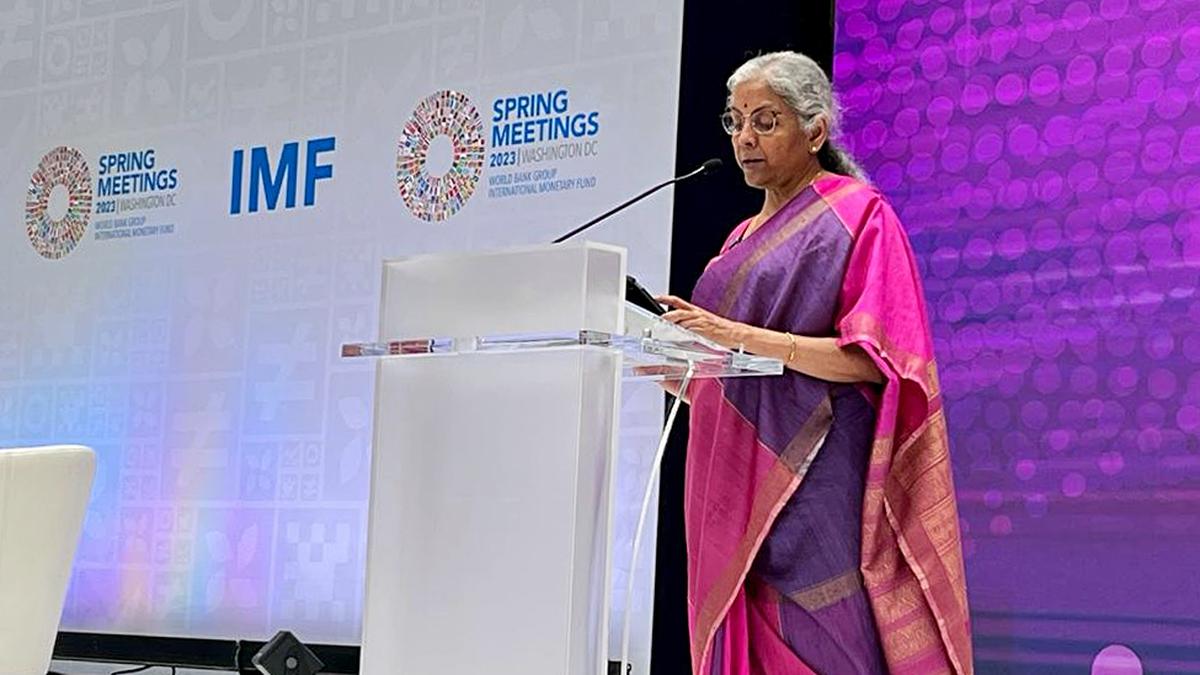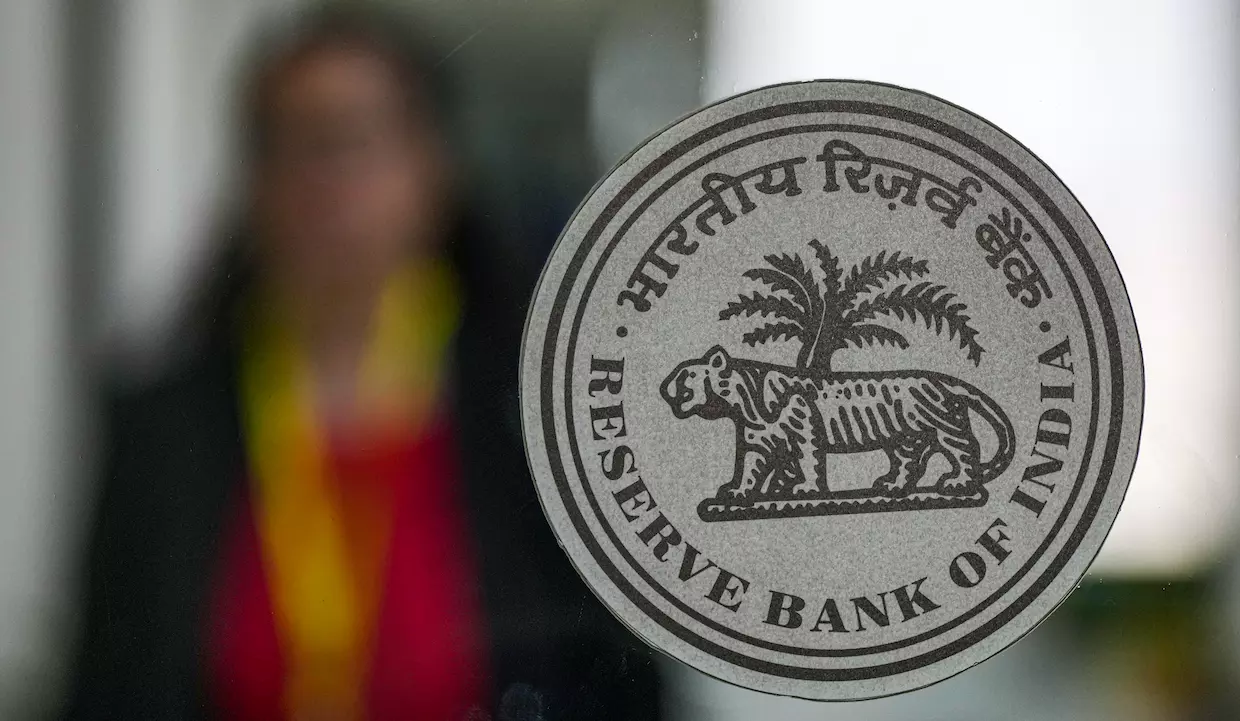
Five Ways That Crypto Asset Reporting Framework Can Impact Indian Institutions, Investors
News 18India is one of the few early signatories and adopters to the Multilateral Competent Authority Agreement which provides a standardised and efficient mechanism to facilitate automatic exchange of information released by rhw Organization for Economic Co-operation and Development. CARF rules are designed to include the scope of crypto assets to be covered, entities and individuals subject to data collection and reporting requirements, the reportable transactions and the due diligence procedures to identify crypto asset users and the relevant tax jurisdictions for reporting and exchange purposes. The reporting crypto assets service provider will inter alia be subject to CARF Rules when the individual or entity is either tax resident of a jurisdiction or an entity incorporated in a jurisdiction or is subject to tax reporting requirements in a jurisdiction or an entity managed from a jurisdiction or such entity or individual with regular place of business or effects relevant transactions through a branch based in the jurisdiction adopting the rules. Reporting is also to be done for transfer of relevant crypto assets to wallets not associated with a virtual asset service provider or a financial institution and cases where crypto asset service provider processes payments on behalf of a merchant accepting relevant crypto assets in payment for goods or services. Crypto assets service provider in India required to report under CARF – would this lead to regulation of crypto asset intermediaries.
History of this topic
What are the FSB’s concerns about crypto asset intermediaries? | Explained
The Hindu
Explained | What is the EU’s new crypto-legislation?
The Hindu
Centre Applies Norms Of "Reporting Entities" Under Prevention Of Money Laundering Act To Cryptocurrency Exchanges
Live Law
India Asks IMF, FSB To Prepare Technical Paper On Regulating Crypto
News 18
WIll Crypto-Asset Reporting Framework bring clarity for investors?
Live Mint
Regulating crypto assets in India
Hindustan Times
Govt seeks disclosure of crypto transactions, holdings
Live MintDiscover Related














